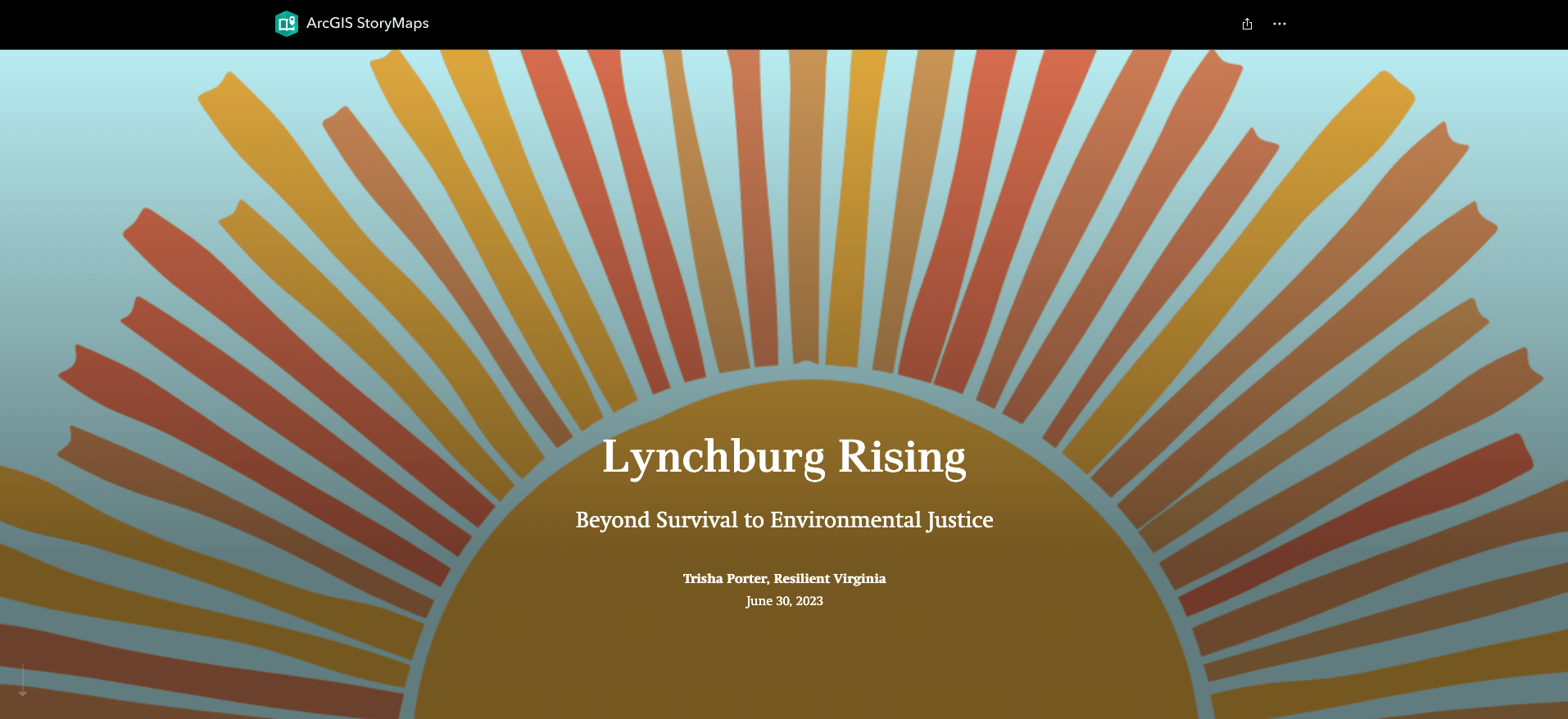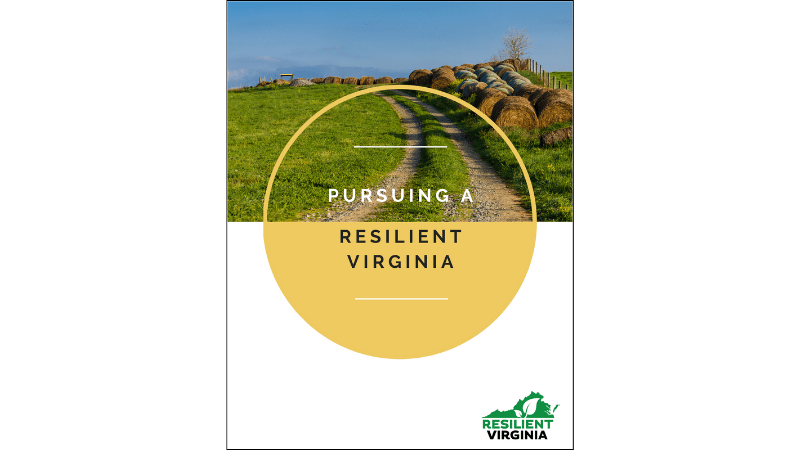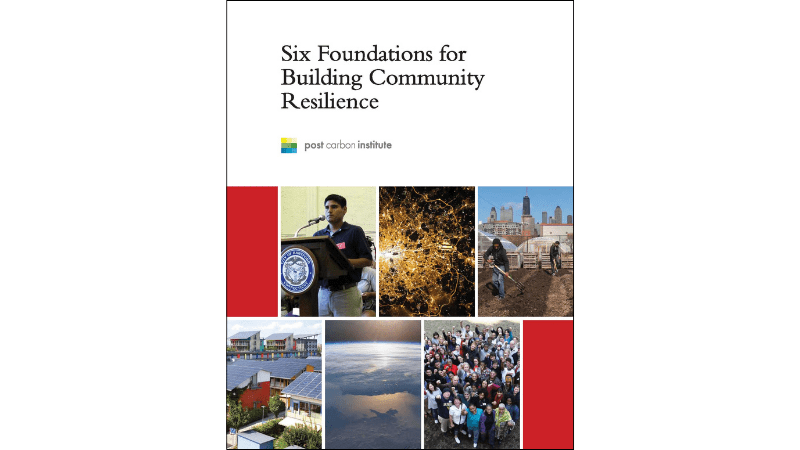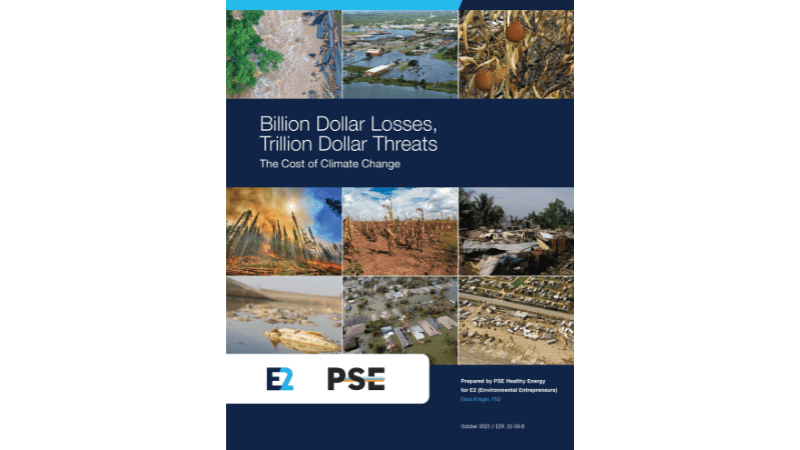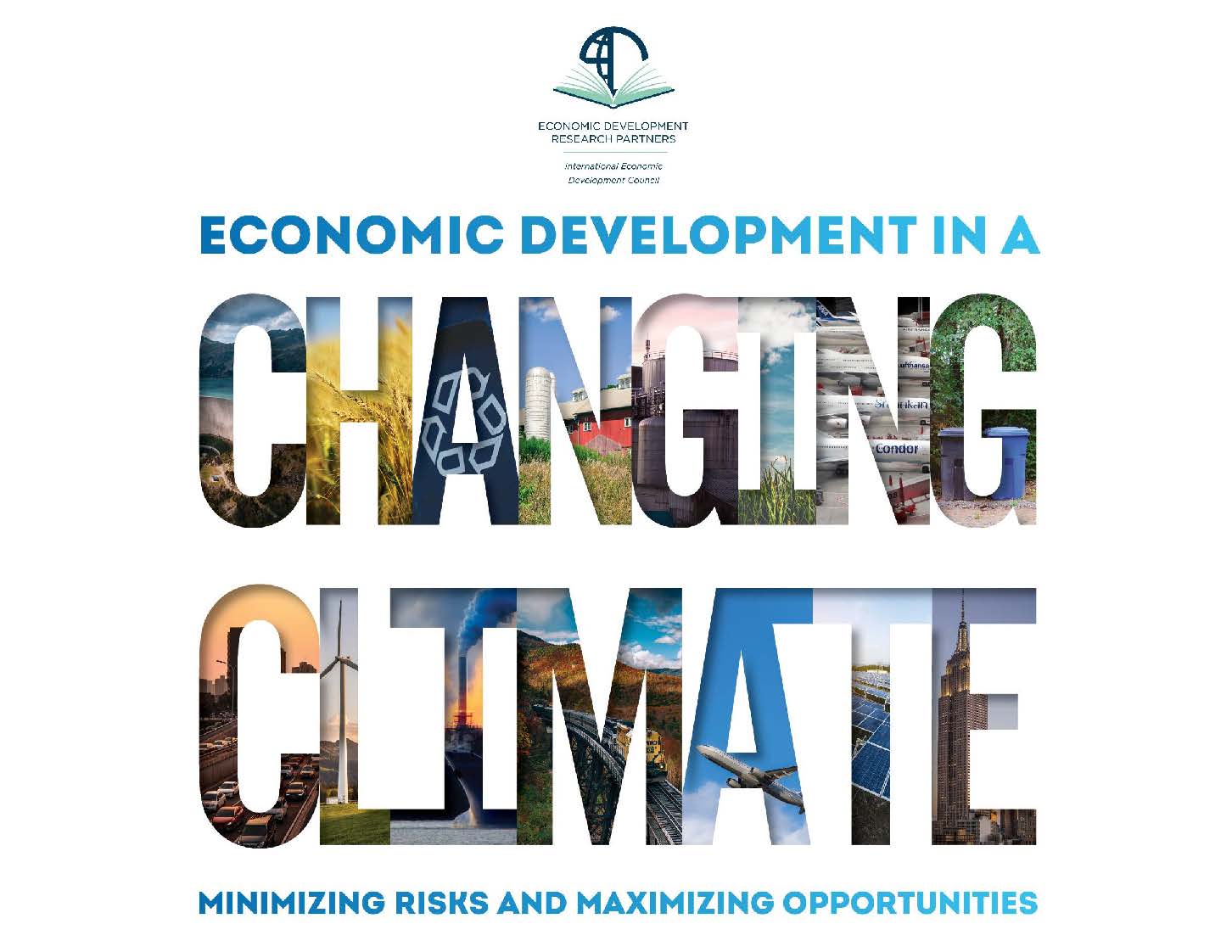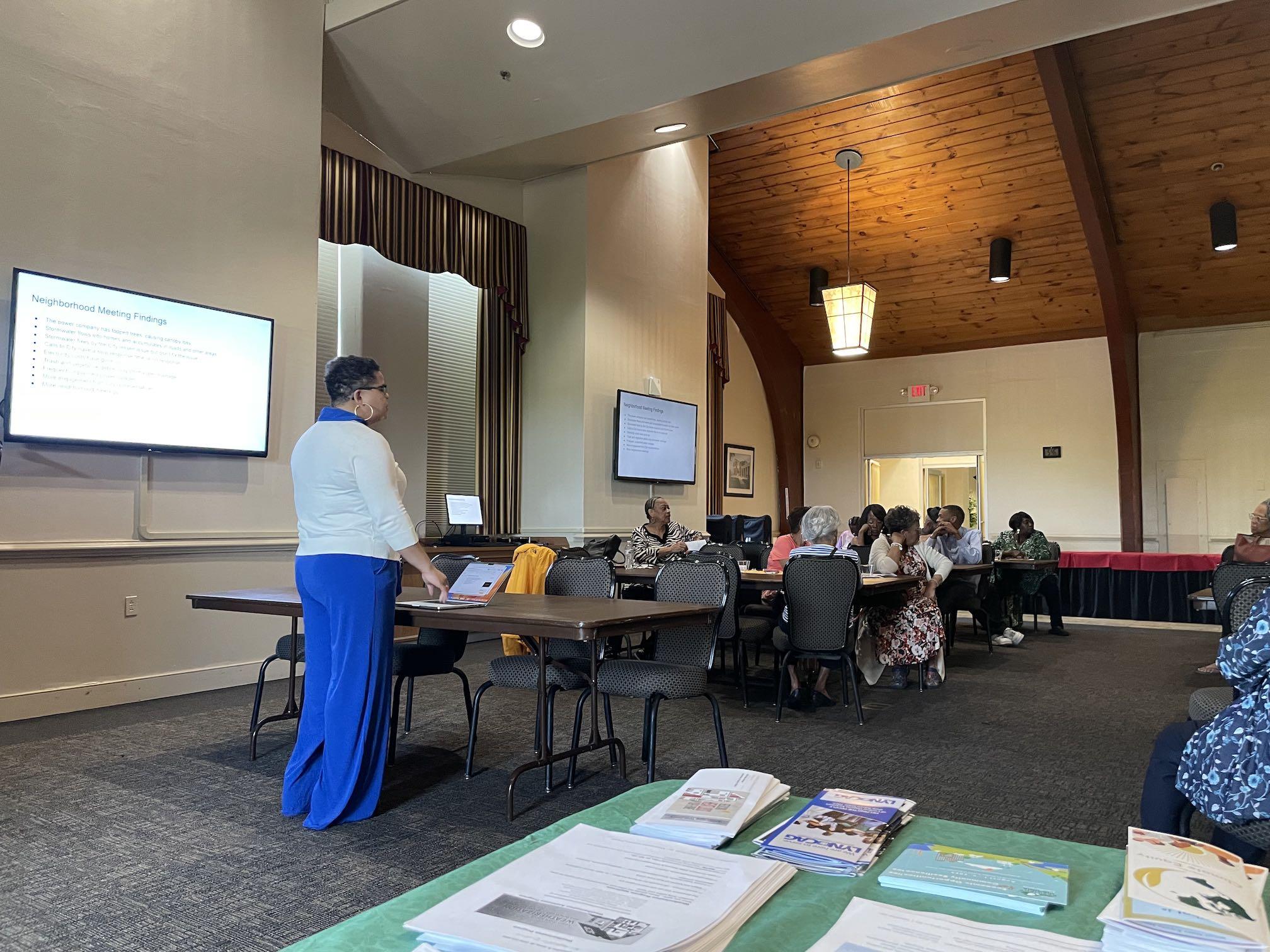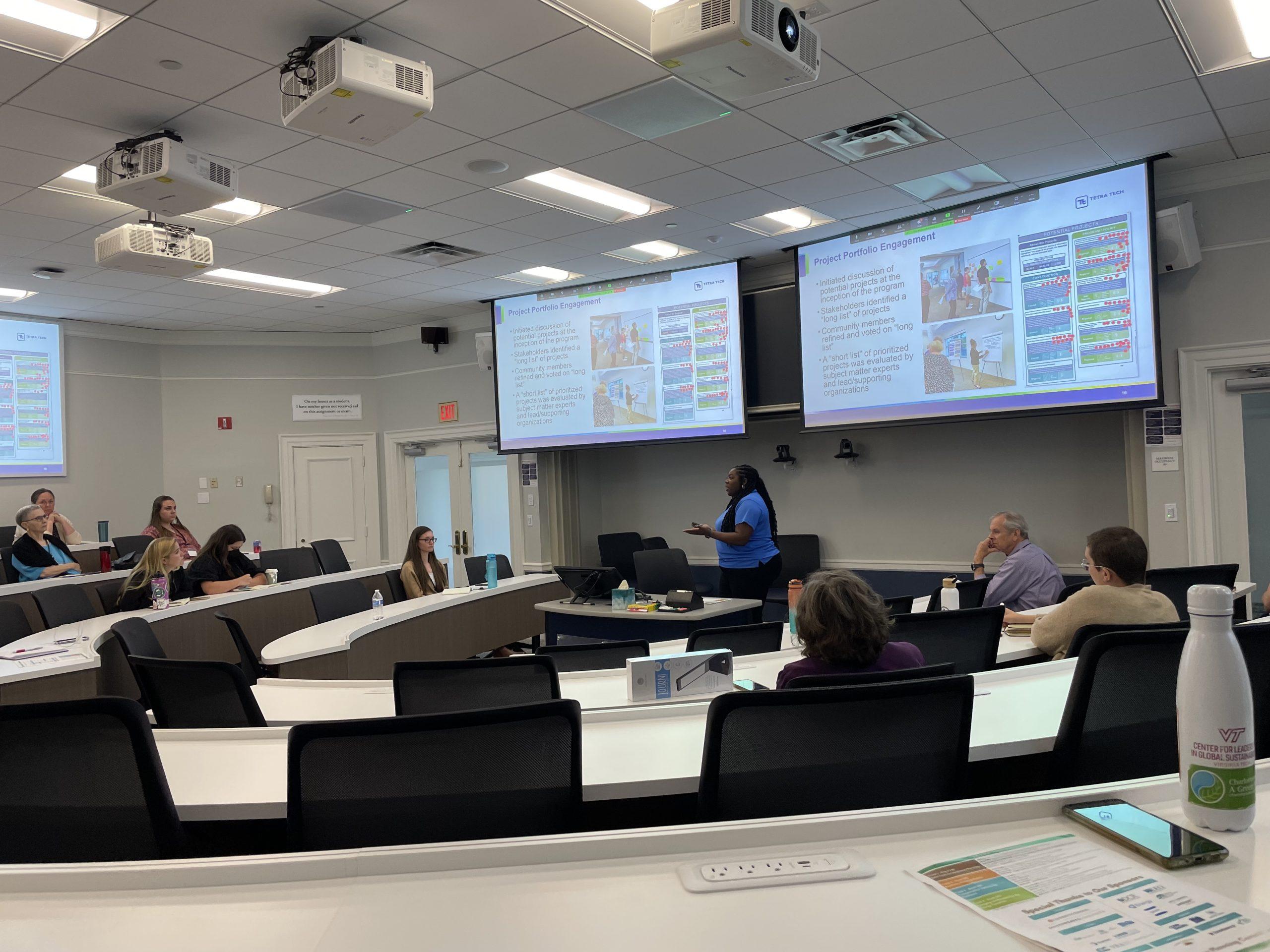
Economic Opportunities for Community Resilience in Virginia
We chose to focus this year’s Resilient Virginia Conference on the numerous economic opportunities that currently exist for building community resilience in the state. Let’s be clear – businesses and communities will increasingly face risks in infrastructure damage, supply chain disruptions, and the toll on workers. However, by taking advantage of economic opportunities, they can begin to address the risks they are facing.


